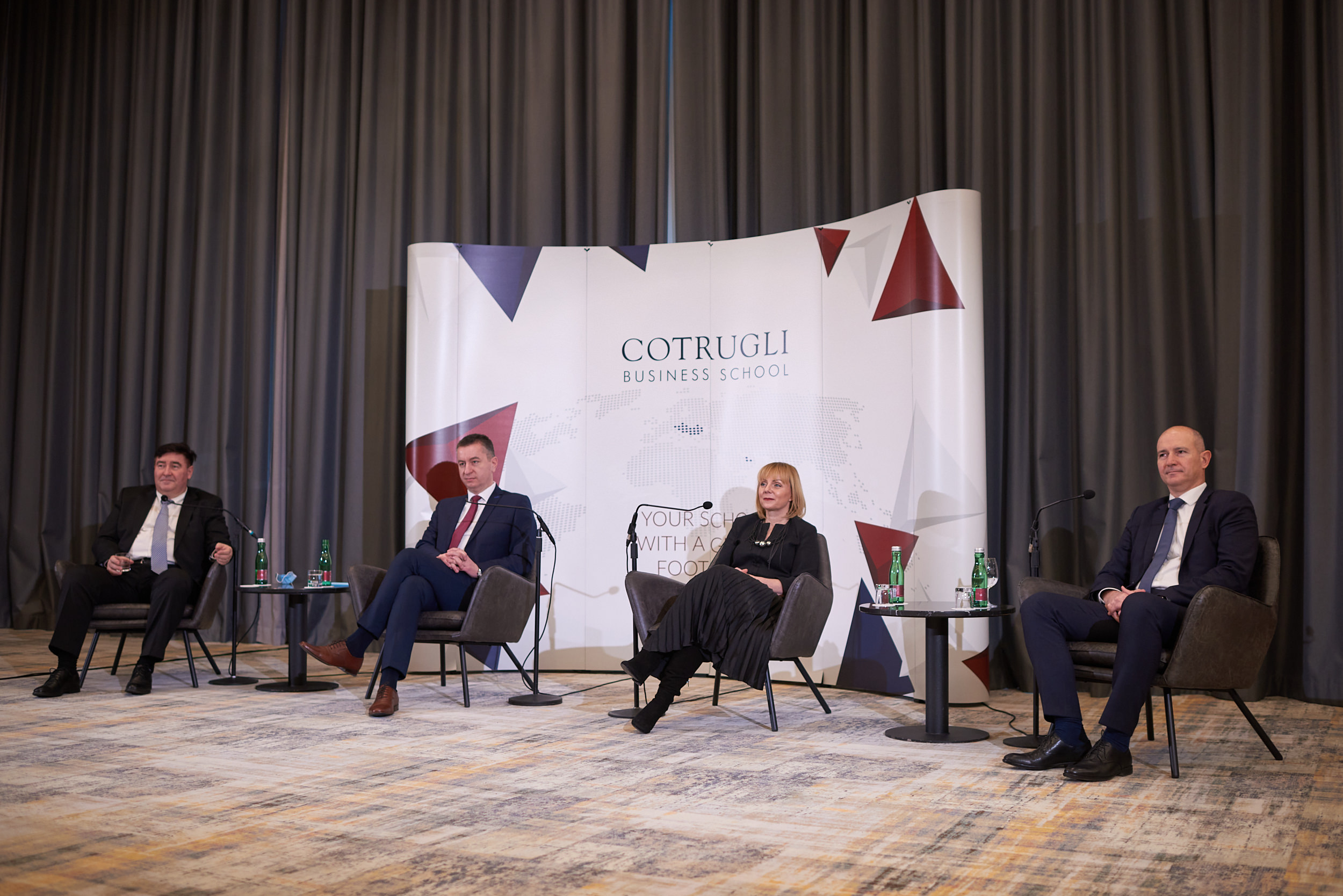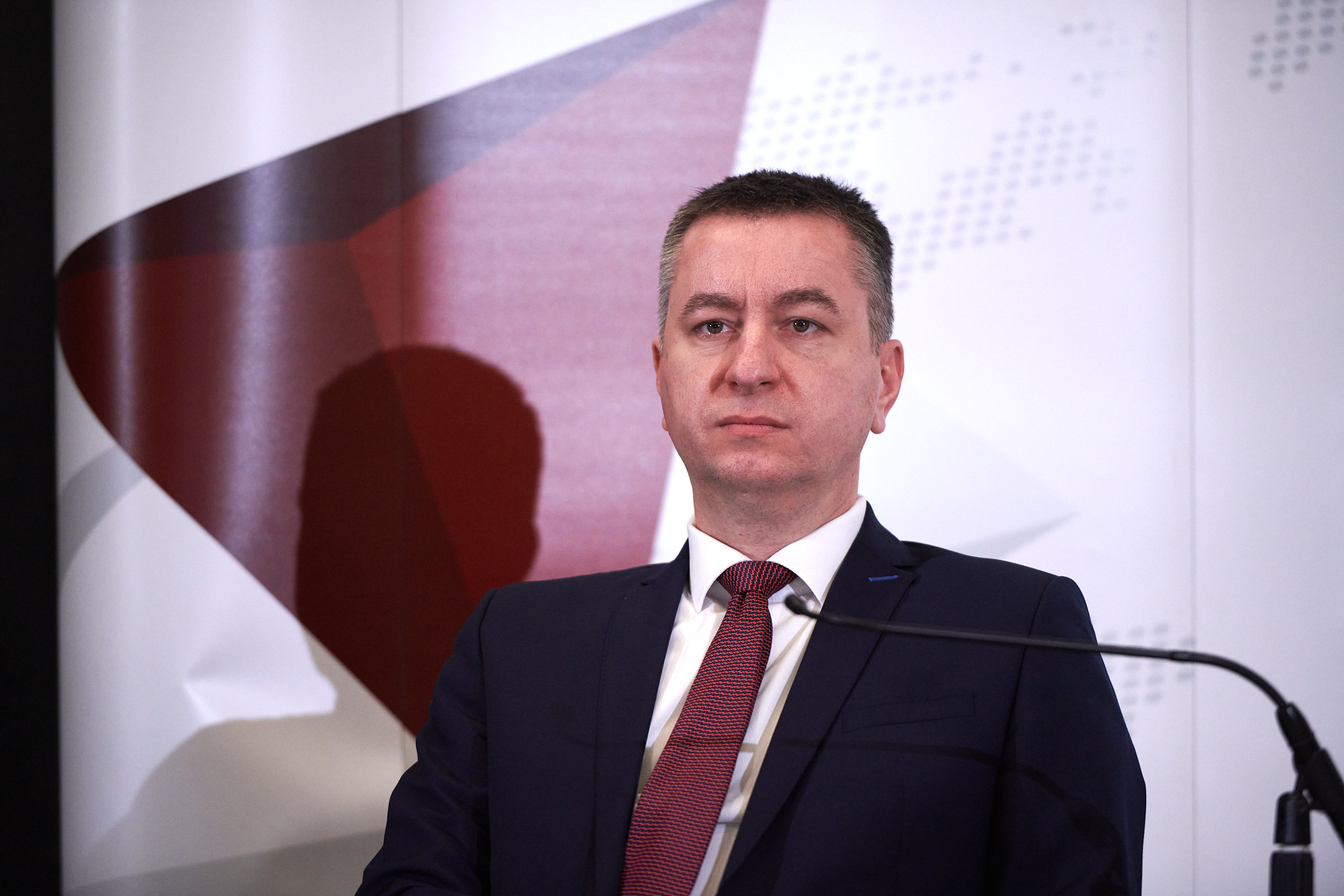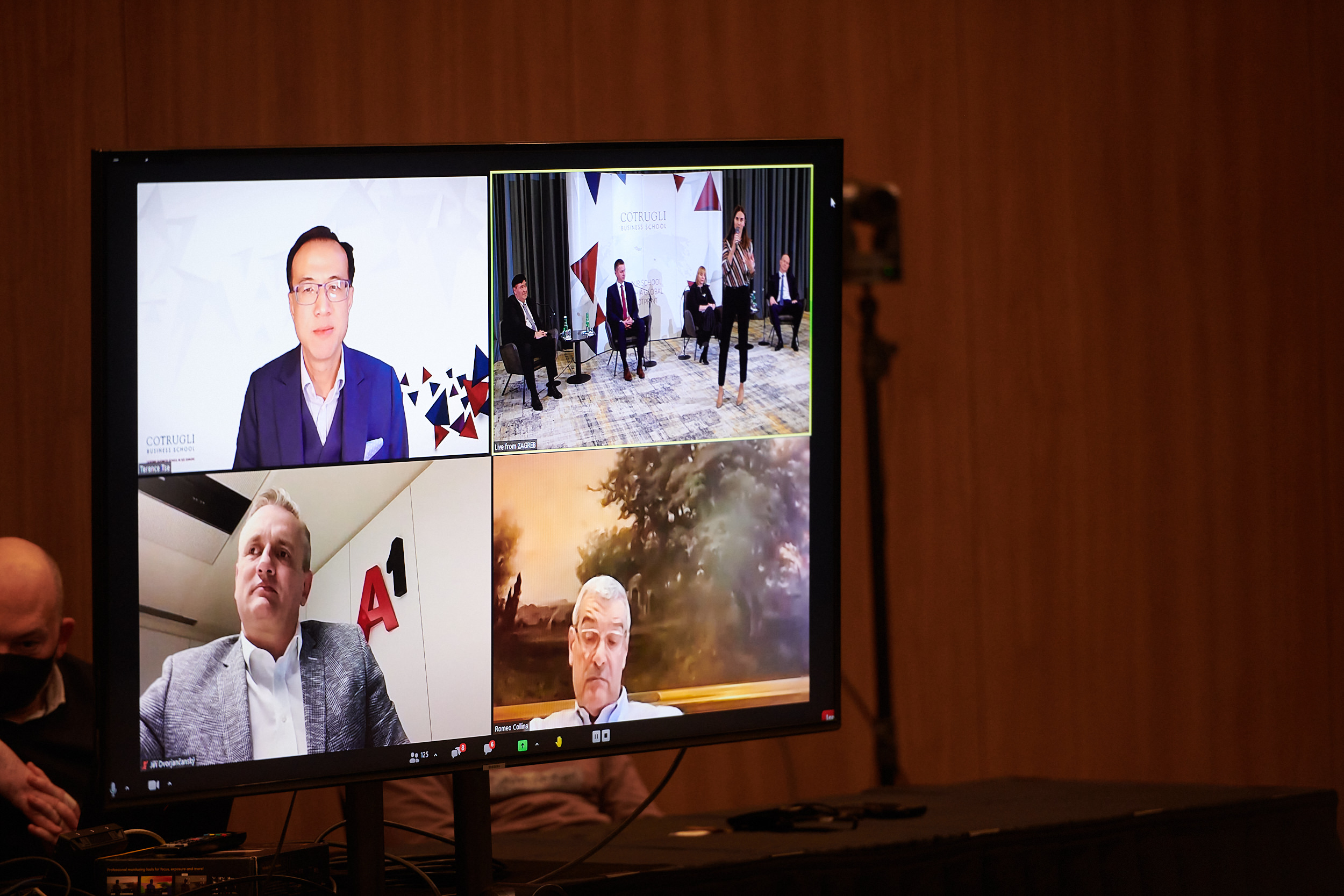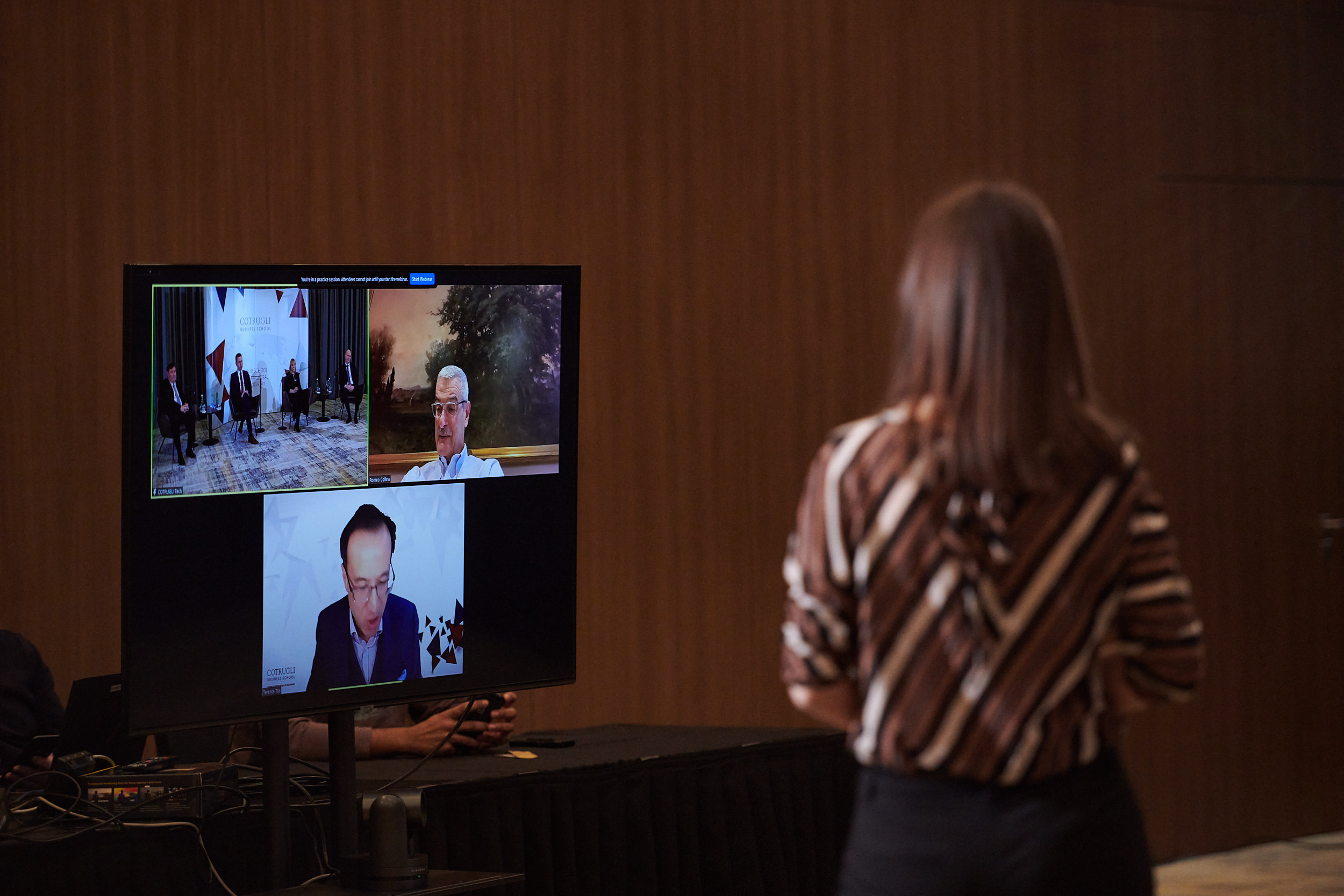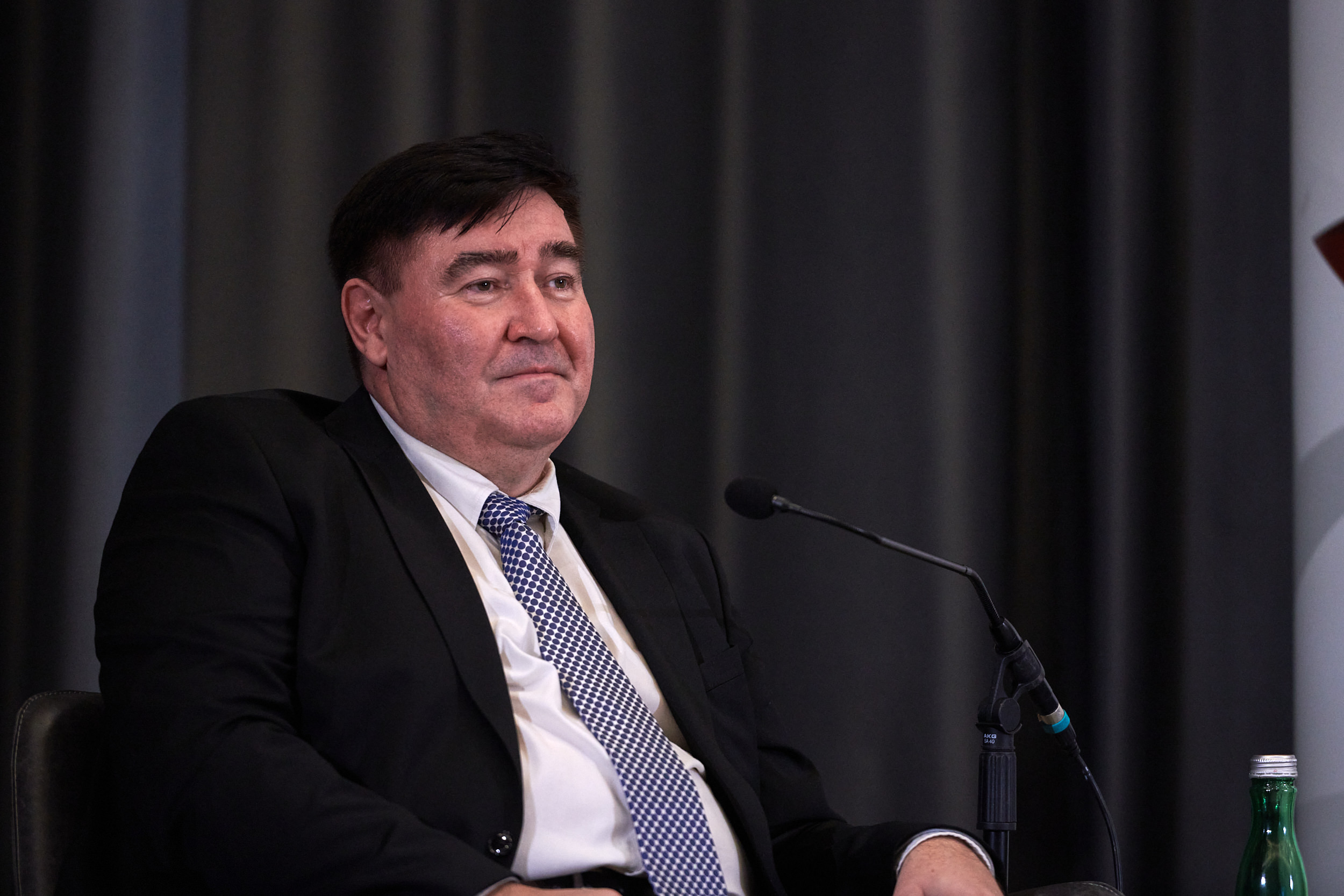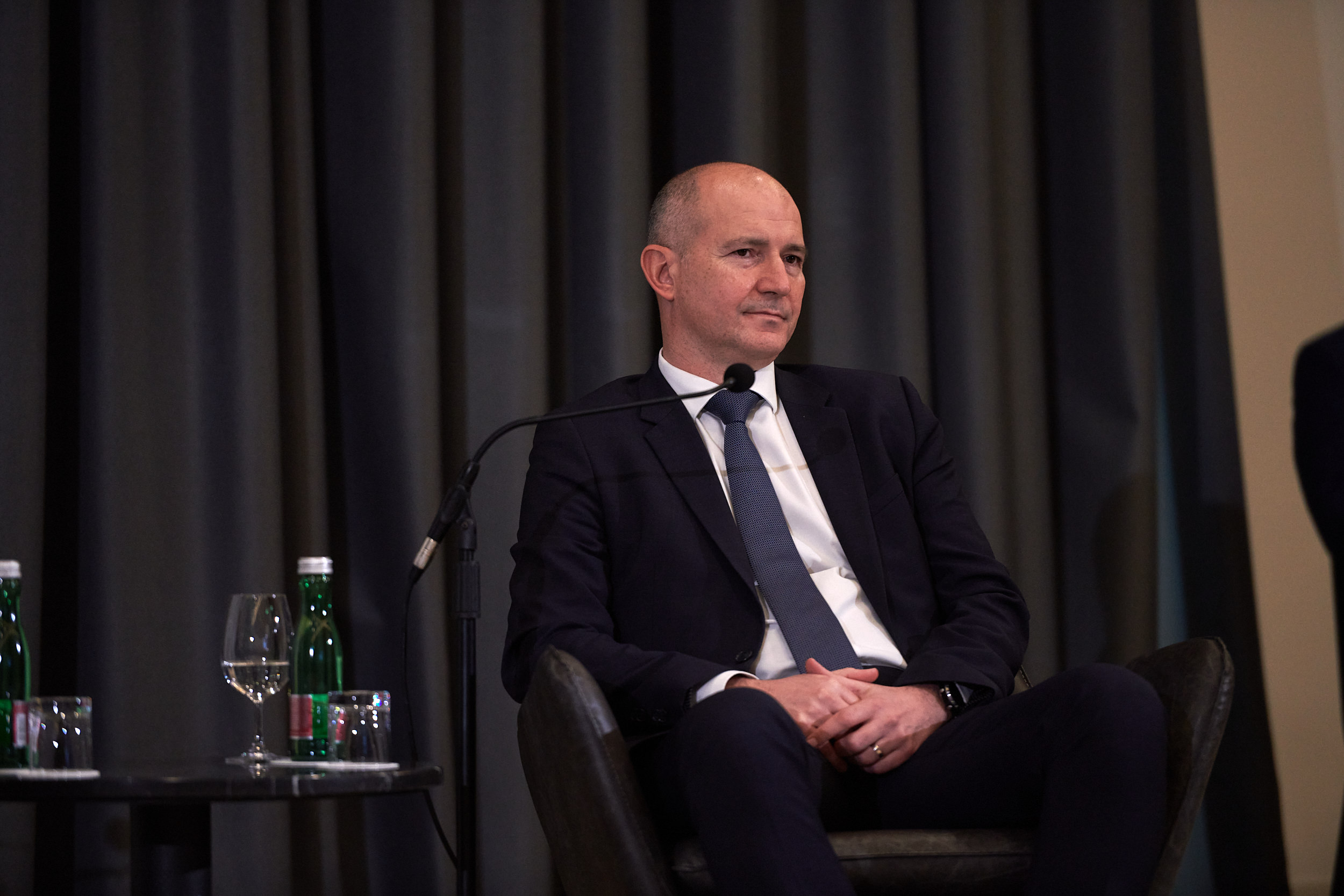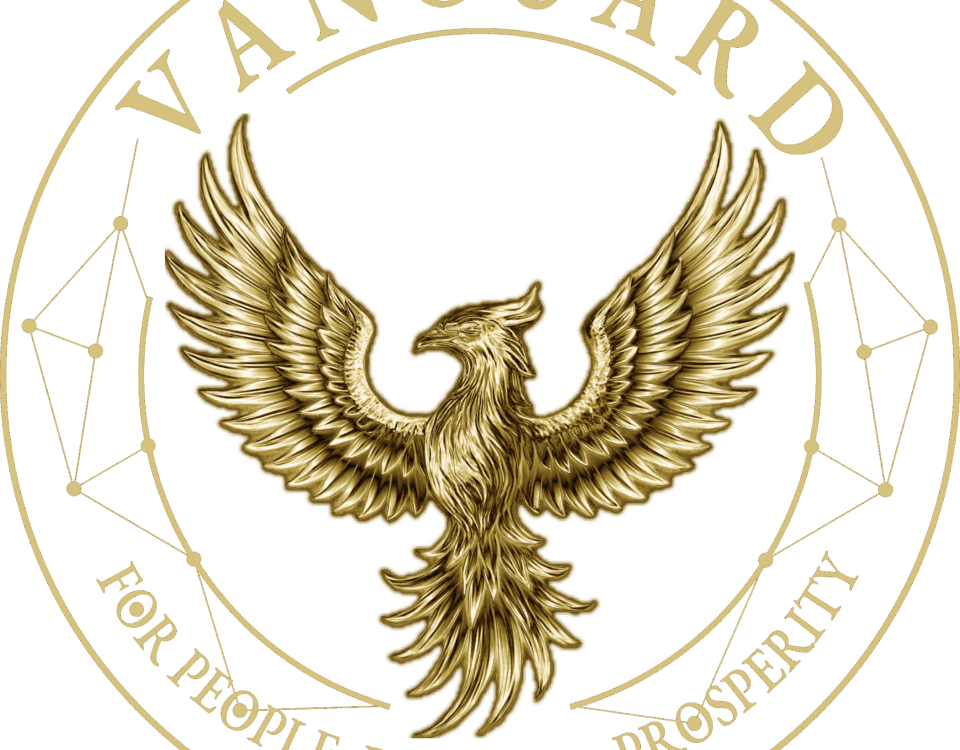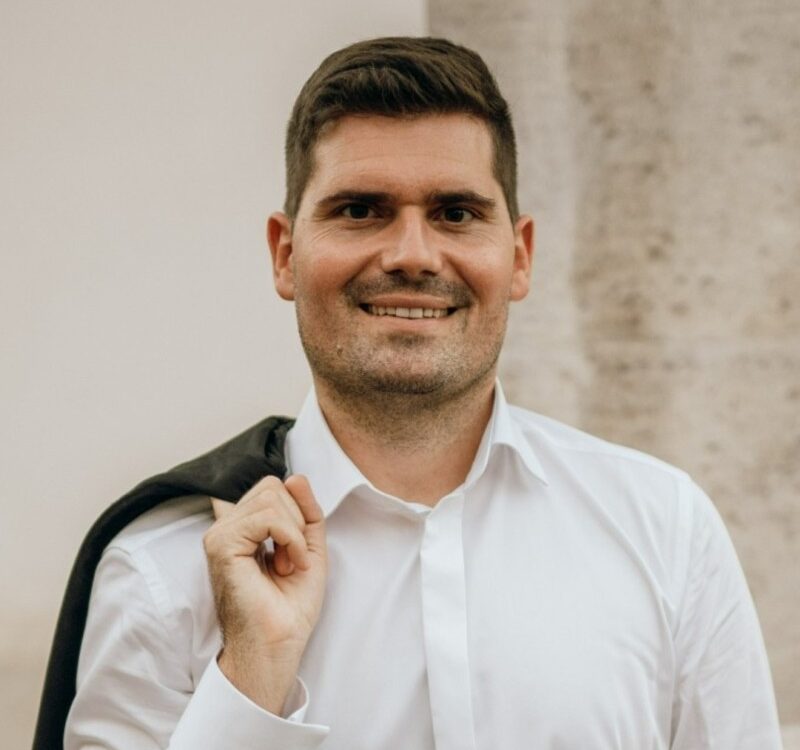Developing business sustainability ensures business continuity even in a crisis
On February 9, 2021 COTRUGLI Business School organized a virtual CEO panel “Navigating through a new business landscape”. The panel was facilitated by Terence Tse, PhD, visiting professor at COTRUGLI. The panelists discussed how to ensure business continuity, even in a crisis.
The panel brought together top executives from the leading companies: Fabris Peruško (Fortenova grupa), Jiří Dvorjančanský (A1 Hrvatska), Mihael Furjan (PLIVA Hrvatska), Romeo Collina (Zagrebačka banka), Sándor Fasimon (INA) and Zrinka Bokulić (Aminess hoteli i kampovi).
In his introduction, Tse pointed out that while we do not know how and when the pandemic will end, it is clear that we are not going back to the past, remote work will be retained, and we are not going to use vaccination as an exit strategy.
The panelists then shared the challenges and opportunities they encountered from the beginning of the pandemic to the present day. Fasimon highlighted the impact on the entire oil and gas industry from low prices to reduced demand. Peruško said that Fortenova’s food companies felt the consequences of tourism drop and repeated complete closure of the HoReCa channel, while retail trends, along with the decline in tourism, were greatly influenced by changes in consumer behavior. When consumers turned to Konzum’s online store, logistics capacities were a challenge in times of high demand.
Although tourism took a major hit, Bokulić said that she considers the achieved results to be successful given the complete absence of the pre-season and post-season. Furjan refuted the common opinion that the pharmaceutical industry is the winner in this crisis stating that revenue growth in the first quarter of 2020 happened due to fear of shortages during the epidemic and an increase of home pharmacies, but on the other hand, there was a decline in drug consumption during the year due to reduced number of medical examinations that occurred due to implemented restrictions. The companies which produce vaccine are the ones that record growth.
Dvorjančanský gave a positive outlook. He stressed out that the average decline in revenues in the telecommunications sector in Europe ranged from 0 to 5%, which was reflected in B2B category. However, the growth of data traffic was followed by raising awareness of the importance of investing in telecommunications infrastructure and industry digitalization. Collina brought up that their priority is to protect the health of employees and communication with clients while striving to meet the needs of individual and legal entities by certain forms of a moratorium on their financial obligations.
Discussing the opportunities brought by the crisis, Fasimon emphasized that they saw the crisis as an opportunity and implemented changes in the business model in order to maintain stability and focus on a sustainable future and adapt to the new demands of their clients. Bokulić added they took the advantage of the crisis to audit internal processes. Considering that their business includes the food retail, which from the point of freshness, quality and health require different handling, Peruško pointed out that in online sales they face different challenges than others. Quick adjustment, maintaining the well-being of physical and mental health, and humor are key factors that help overcome the crisis – agreed Peruško, Collina and Dvorjančansky.




